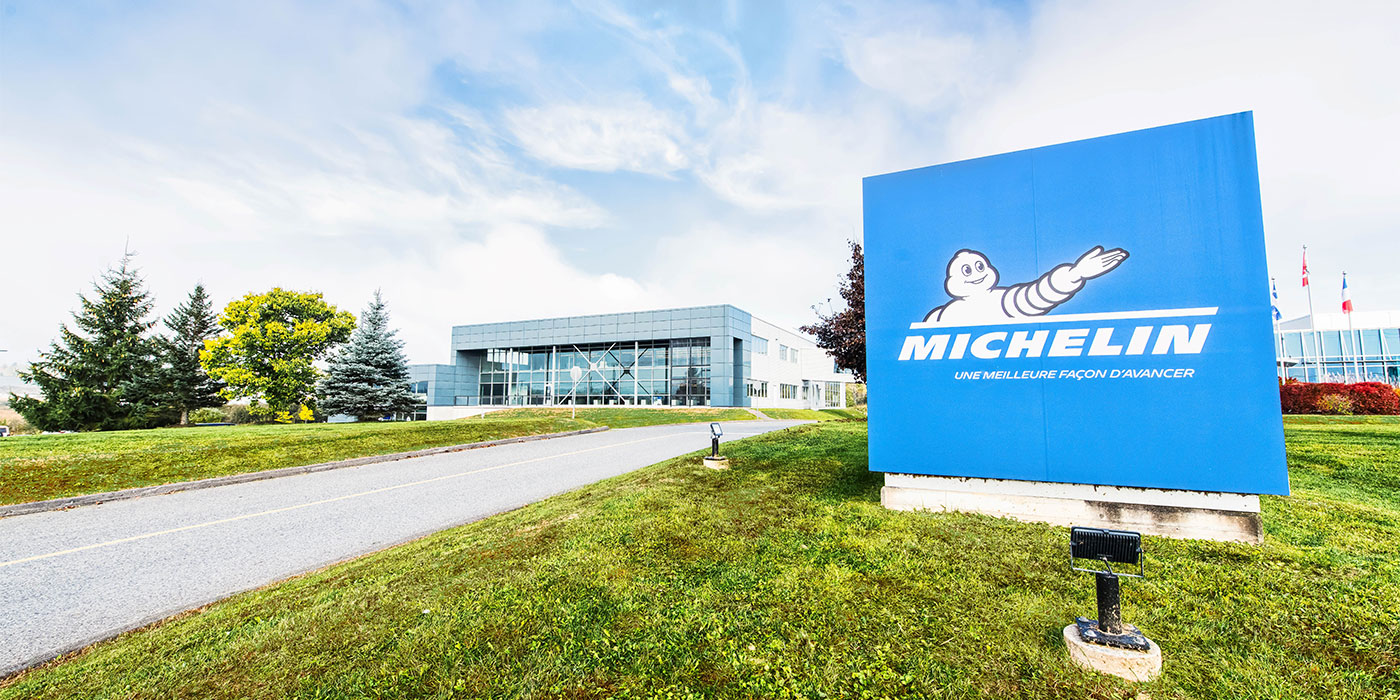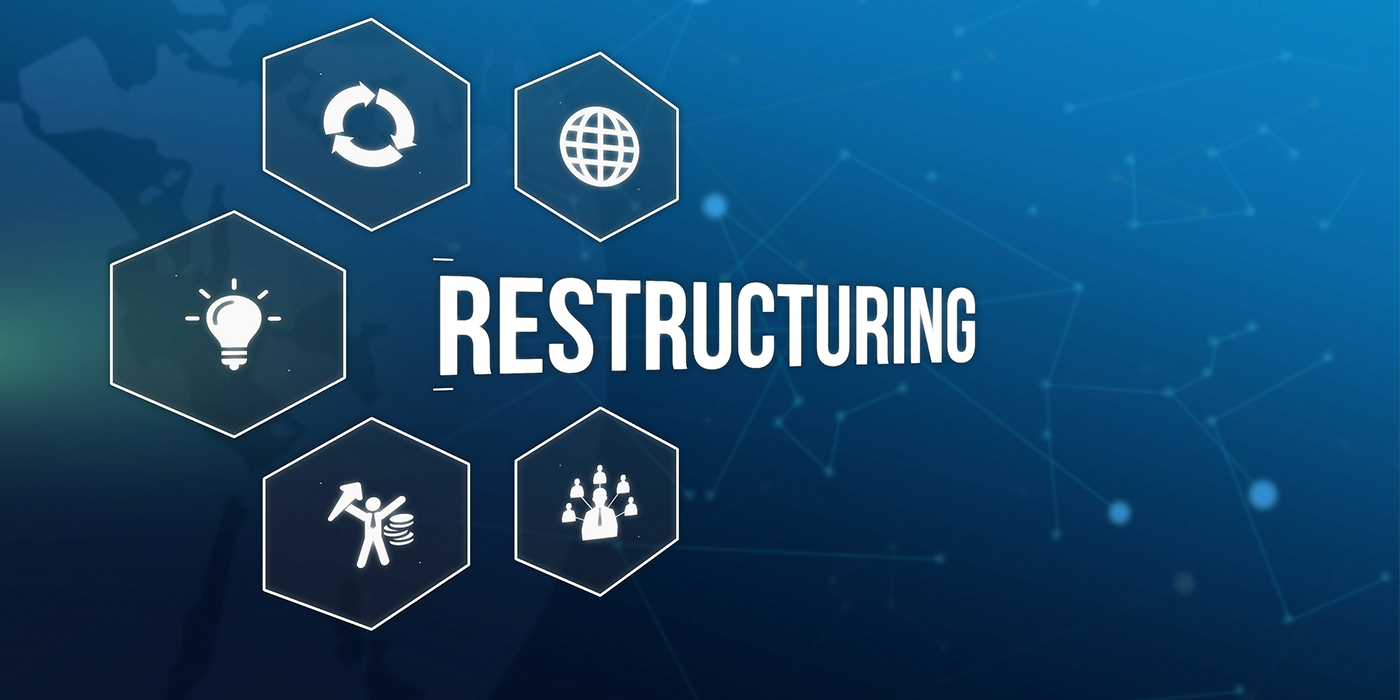Coyne PR has worked with some of the leading brands in the automotive industry and helping them attain their goals and objectives, including marketing effectively to women. For the last five years, it has also had the honor of working with one of the leading experts in the field of women’s automotive and marketing to women, Jody DeVere, founder and CEO of AskPatty.com.
The firm sat down with her recently to pick her brain on the role of women in the automotive world today, and how companies and brands can better communicate with this important demographic.
When did the focus on women consumers really begin in earnest for the automotive industry and why?
Jody DeVere: Between 2000 and 2002, two women wrote best-selling books about marketing to women that had tremendous influence on women consumers and even some early adopter brands: Marketing to Women by Marti Barletta and Eveolution: The Eight Truths of Marketing to Women by Faith Popcorn. By the mid 2000s, the blogosphere, and social media and networking sites began to catch hold (Jody recalls attending the first BlogHer Conference with 150 women – this year’s BlogHer Conference is expecting more than 2,500 attendees) and early adopter women, who already had strong opinions and a desire to share them, began to understand that they could seek information in this ultimate arena of sharing and exchanging ideas and, most importantly, be heard.
It seems simple, but is the key that women shop differently than men?
DeVere: Most women have naturally looked for information and desired to understand and feel a connection to a brand, so as auto sites began to evolve (i.e. Edmunds, etc.), so did their knowledge of automotive information. Brands and companies began to pay attention and listen to women when they realized that they were already buying 50%, and influencing 80%-85% of consumer purchasing decisions. The fact that women are passionate about researching, finding out and sharing information and their opinions on what they’ve found, has smart brands considering the importance of transparency and truth when marketing to women. Women’s influence has become even stronger because women will call out companies that attempt to “pull the wool over their eyes” or misrepresent themselves, and will share that opinion with everyone they know via every social media channel at their disposal.
So beyond truthfulness and transparency, what do brands need to do to connect with women?
DeVere: Brands need to refocus their marketing efforts and the way they do business in order to reach and resonate with women; and often male-dominated industries like the automotive industry get it wrong. Saturn is an example of one that successfully took women into account with their business strategy; they featured great customer support, no haggle pricing and as a result, they became a beloved brand for women. In fact, Saturn actually lost share and brand loyalty from those same women when they changed their strategy years later.
It’s important for brands to go where the women are … and they are online in a big way. GM did a great job becoming involved with women through the BlogHer Conference and its willingness to be open to its world online through a very successful blog. Currently, Ford is doing this well with its social media efforts by tapping into women’s desire to experience the vehicle and get to know the brand. Ultimately, if there is a connection, women are incredibly brand loyal. For example, inviting women bloggers to specific events to experience a vehicle in a low-pressure environment can be incredibly impactful.
What should automotive companies look to beyond helping women experience their product and getting to know their brands?
DeVere: Don’t disregard the desire for women to also gain additional technical information in the automotive industry. I’ll give you an example: I recently did a tweet up event for Motor Oil Matters and it drew nearly 150 women for a technical Q&A session about motor oils. Ultimately, women are hungry for information and eager to share information with others. The current economy is driving women to seek additional education for making informed decisions that give them the best value – they truly feel the need to be empowered through information. Remember, this desire for information doesn’t mean I’m looking for the best deal … it means I’m looking for the greatest value.
How are women impacting the industry and how can the industry better reach them?
DeVere: Women are driving product purchases and changes in product, and are big drivers of today’s green trend. Listen: it’s important for auto marketing executives to attend women conferences to understand the needs and desires of women, especially when you consider that 85% of women handle the family budget. Understand what is important to women: Causal initiatives for the auto industry can be beneficial for driving brand loyalty and business, but be sure to be authentic and genuine because women prefer a brand 28% more if the cause is meaningful to them.
Brands also need to be aware that the closer to home a cause hits, the better the opportunity; so consider tying to a causal initiative with local impact for the women you are trying to reach. The key to the success is the transparency I mentioned previously; it has to be real, heartfelt and meaningful. Ultimately, it helps to have employees engaged with the cause and create the excitement on a local level. Women have incredible power of sharing this connection and helping keep the momentum strong.
So what are the real keys to making brands and products resonate with women?
DeVere: Brands need to create relationships with women and have them experience their products and connect with brands in a very real way. On- and off-line relationships are key to doing so with sincerity. And transparency is critical to creating this successful relationship, which in turn, is ultimately responsible for women sharing their feelings with others. The car buying experience has improved over recent years, but the aftermarket industry has room to improve. I know this because I get more complaints and comments from women about their experience with installers, independent service and tire centers.
Education is key to marketing to women. The brand must be providing real information that empowers women in their decision making process. Service centers/installers need to really examine the entire experience from the physical layout and cleanliness, to the information that is provided and ultimately the relationship that you are trying to build from this experience. Ties to local women organizations, along with creative marketing efforts, can really help grow business and loyalty.
What we’ve taken away from our work with Jody and our experience in helping brands connect with women is simple: Over the last 10 years, women have come to a fuller realization of the influence their purchase power provides them in the automotive category, and the impact they can have on manufacturers, retailers and other consumers via social media. Women can be very brand loyal once you, as a brand or company, prove that you provide a product of value, share information that empowers her to make smart decisions and demonstrate that want to create a relationship with value for both you and her.













